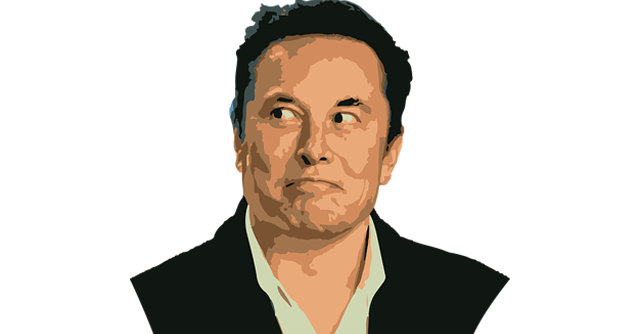
Elon Musk to step down As Twitter CEO after finding a ‘foolish enough’ replacement


Twitter CEO Elon Musk has announced that he will resign from his post as soon as he finds someone "foolish enough to take the job". The billionaire said he will “just run the software & servers teams” after stepping down. His comments came after a majority of people voted in favour of his resignation in a Twitter poll he earlier posted.
I will resign as CEO as soon as I find someone foolish enough to take the job! After that, I will just run the software & servers teams.
— Elon Musk (@elonmusk) December 21, 2022
On Sunday, Musk asked users via a Twitter poll to decide whether or not he should stay in charge of the social media platform and that he would abide by the results of the poll. The results were confirmed next day, with 57.5% of people from over 10 million accounts that voted saying he should withdraw from his role.
However, based on the results of the online poll and some users’ suggestion, Musk has said that only Twitter Blue subscribers will be able to vote in future policy-related polls on the platform.

Responding to a comment, he said, "The question is not finding a CEO, the question is finding a CEO who can keep Twitter alive." He added, "No one wants the job who can actually keep Twitter alive. There is no successor."
Since buying Twitter for $44 billion and taking over as the CEO in late October, Musk, who also runs Tesla and SpaceX, has landed himself into myriad controversies – one after the other. He immediately fired several top executives, including its CEO Parag Agrawal, and laid off about half of Twitter's staff after he took over as head of the social media platform.
Musk has started, stopped, and restarted a revised verification system that costs $8 for a blue check mark. Also, in a drastic policy change, Twitter announced that users will be “prohibited” to share post links to Facebook, Instagram, Mastodon, and other platforms. The move generated a lot of backlash leading to the Twitter chief promising not to make any more major policy changes without an online survey of users.

His approach to content moderation has also been criticised, with some civil liberties groups accusing him of taking steps that will increase hate speech and misinformation.
